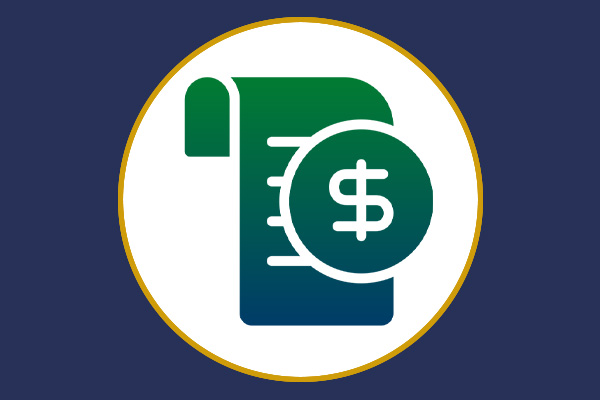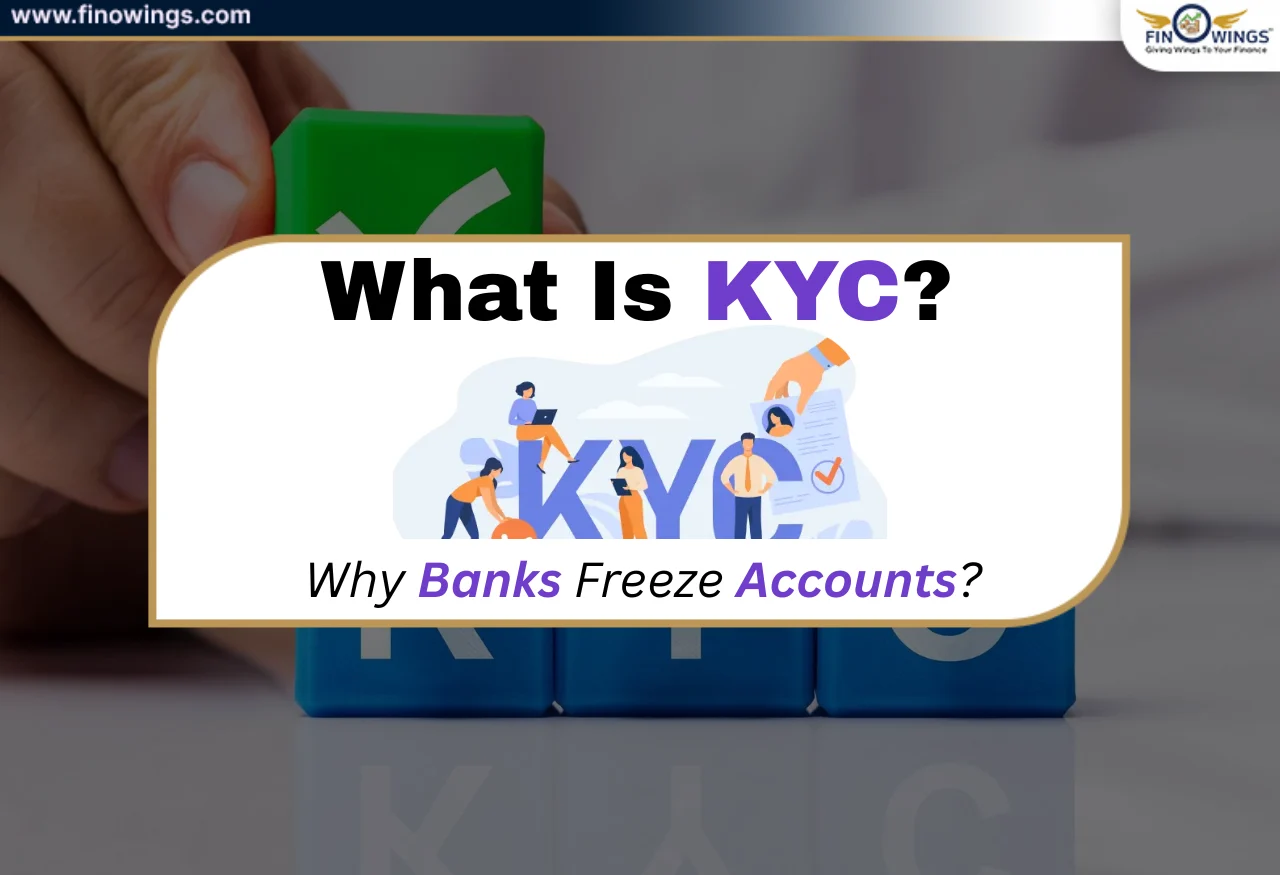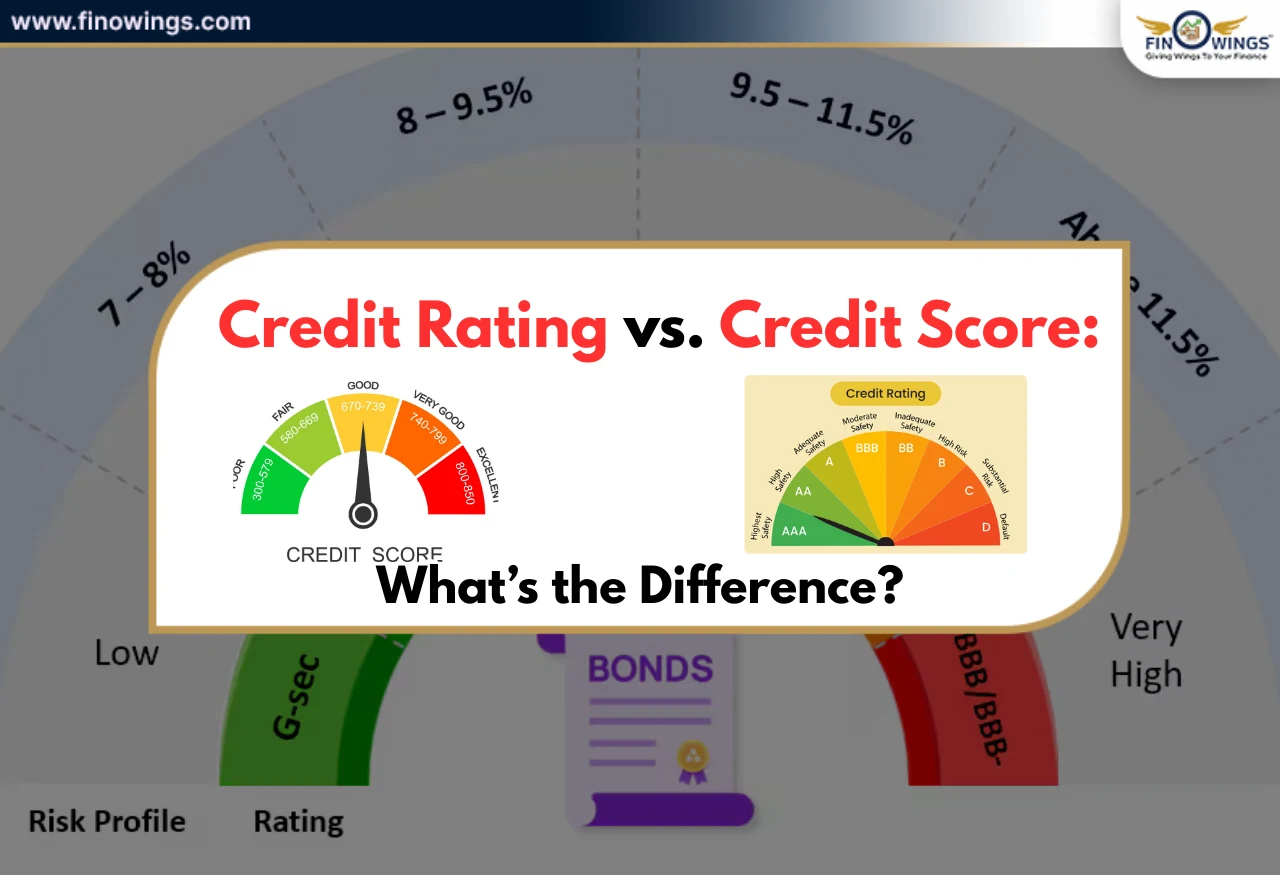Every business requires funds to run smoothly, whether a partnership firm, startup, or well-established company. The most feasible option to raise the money is by issuing shares to the public. But, all companies can't seek the public's help to raise money, especially when it is a newly started company.
Here comes the role of borrowing in the picture. First, a company can borrow funds from external sources by means of bonds or debentures. In this article, we shall understand
debenturesin detail.
A company finds it suitable to borrow funds from outside when it is in need of funds but doesn't want to alter its share capital. In this case, the company can borrow the funds by issuing a certificate for a fixed period of time and a rate of interest. This borrowing certificate is known as a debenture. In addition, the company provides a fixed interest rate to the buyers of the certificate. These buyers are known as debenture holders.
As discussed in the agreement between the company and the
debenture holder, the total accrued interest is paid by the company to the debenture holders on a specified date. Generally, the interest on debentures is paid half-yearly, ie. Two times a year. The document that states all the details regarding the
loan repayment is known as the debenture deed.
A debenture is a long-term debt for a company that a company can raise without any collateral security and sacrificing the value of its shares. Companies who can't keep their assets as collateral security for getting traditional loans find it useful to issue debentures.
A debenture is known as marketable security since the owners have the right to sell these debentures to another party. Therefore, the debenture holders face less risk than the company's shareholders. This is because they must get a fixed interest rate before the share dividends are paid. In addition, the debenture interest is a charge against profit expense. It means that the interest in debentures is paid even if the company suffers losses.

Whenever the company issues a debenture, a deed is formed that details the interest rate, repayment period, etc. This acts as a source of trust between the company and debenture holders. The features of debentures are discussed below –
• Interest Rate – The debentures carry the fixed interest rate,s also known as the coupon rate. The company has to pay this interest rate to the debenture holders on the decided date. The rate of interest is either fixed or floating. A floating rate is often tied to a benchmark and changes as the benchmark changes.
• Credit Rating – The debenture's interest rate depends on the company's credit rating and the debenture's credit rating. Credit-rating agencies measure the credit rating of the companies. It helps the investors know the amount of risk involved in investing in the debt.
The credit rating agencies provide letter grades to the company for its creditworthiness, starting from grade 'A' to the lowest rating of 'C' and 'D.' Any company with a rating lower than 'B' is said to be a speculative-grade company.
• Maturity Date – The maturity date is also an essential feature in the case of non-convertible debentures. The maturity date is when the company has to repay the number of debentures to its holders. A company can choose the mode of repayment. Usually, a company chooses to repay from the part of capital while repaying in the lump sum mode. And, when the company repays a certain amount every year, it repays from part of its reserves.
The debentures are long-term loans for the company and generally have five to ten years of repayment. The company pays higher interest on debentures than the other secured loans because debentures do not carry any kind of security. This is done to offset the increased risk of not keeping the collateral security.
During the case of liquidation or bankruptcy, debentures are paid before preference shares but after secured debts.
1. Convertible vs. Non-Convertible – Convertible debentures are those bonds that can be converted into equity of the company after a specified period of time. They carry the benefits of both debt and equity with them. Here, the holders of debentures can choose to convert the full loan amount into equity shares or receive interest payments and keep the loan amount until it matures. Convertible debentures are favorable for the people who predict that the price of a company's shares will rise in the long term.
Non-convertible debentures, on the other hand, cannot be converted into equity shares of the company. But to compensate for non-convertibility, the company offers a higher interest rate on non-convertible debentures than on convertible debentures.
2. Redeemable vs. Irredeemable – Redeemable debentures clearly state that they must be repaid in full on the expiry of a certain period. In the case of irredeemable debentures, the issuer has no liability to repay the debt amount after the expiry of a certain period. Irredeemable debentures are also known as perpetual debentures.
3. Registered vs. Bearer—When the company issues the debentures, they get registered with it. Therefore, the trading in such securities must be organized so that the issuer company can know that it is paying the interest to the correct person. Such debentures are known as registered debts.
The bearer debentures are not registered with the issuer company. The person holding the debenture bond is entitled to receive debentures interest. This debenture sometimes becomes problematic as the wrong person receives the interest due to fraud and other scams.
The most typical form of long-term borrowing for the corporation is regarded as debentures. The company issues the debenture to expand its operations and capital requirements, while the investors get a fixed interest rate on the debentures they hold.
There is no collateral security kept against the issue of debentures. Therefore they are riskier than traditional
secured loans. This is the reason why debentures carry higher interest rates. Therefore, debenture holders must pay close attention to the company's creditworthiness before investing.
Advantages of debentures
• They have a fixed interest rate that is paid on a recurring basis.
• Convertible debentures can be more appealing to investors since they can be converted into equity after a certain period of time.
• In case of liquidation or bankruptcy, debentures are paid before the company's shareholders.
Disadvantages of debentures
• Fixed rate of debentures can be of no use when the interest rate in the market is higher.
• Investing in a company with a low credit rating can be risky.
• The interest rate of debentures is sometimes unable to beat inflation.
• Inflationary Risk – The interest paid on debentures sometimes can't beat the inflation rate. For example – If there is a price hike of 6% due to inflation and the debenture interest rate is 5%, then the debenture holders suffer a loss of 1%.
• Interest Rate Risk – The debenture holders are entitled to a fixed interest rate on debentures. It means they will receive the same interest even when the market interest prices increase. These debt holders find that their returns are less than the other market investments.
• Default Risk – Debentures also carry default risk and credit risk. Debentures are only as secure as the financial strength of the issuer. When the company faces financial struggles from internal and external factors, the debenture holders are likely to face default risk.
Debentures fall under the category of bonds. It refers to bonds with longer maturities that are a kind of unsecured or non-collateral debt issued by the company. On the other hand, secured bonds are secured by some kind of collateral security or property that can be used when the issuer company makes any kind of default in the repayment of debt. This is the reason why debentures are riskier than bonds.

Debentures are the common way to issue unsecured bonds by a company. However, they are riskier since no collateral security is attached to them. Therefore, creditworthiness plays the most important role in the entire process of issuing debentures. In addition, the interest on debentures is a charge against profit; thus, investors need not worry about making interest payments.






.webp)












